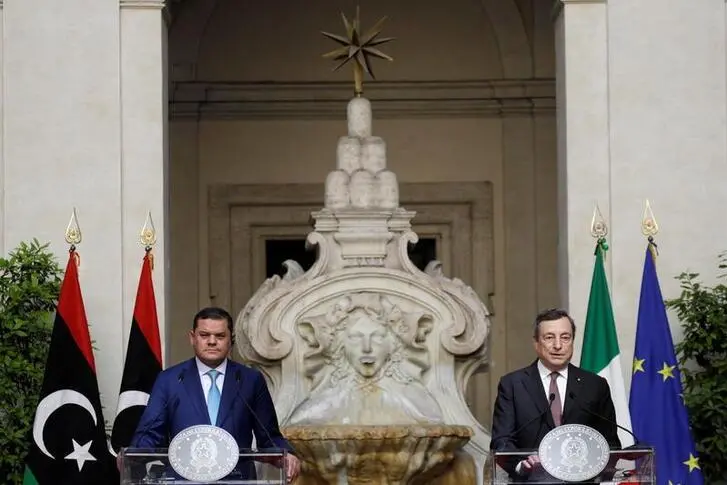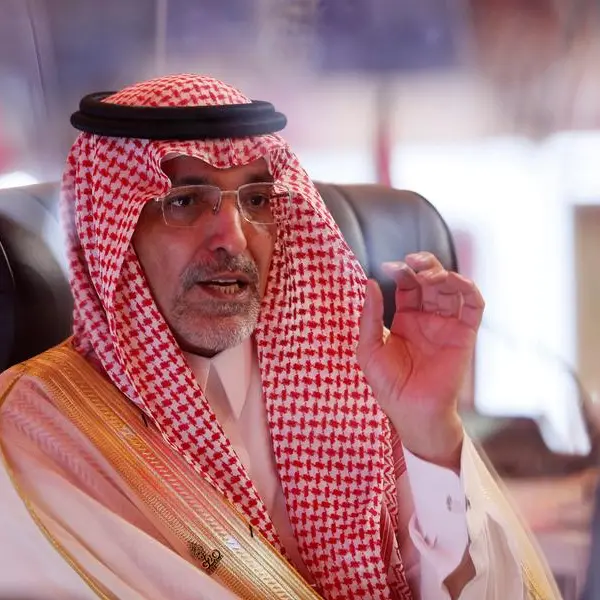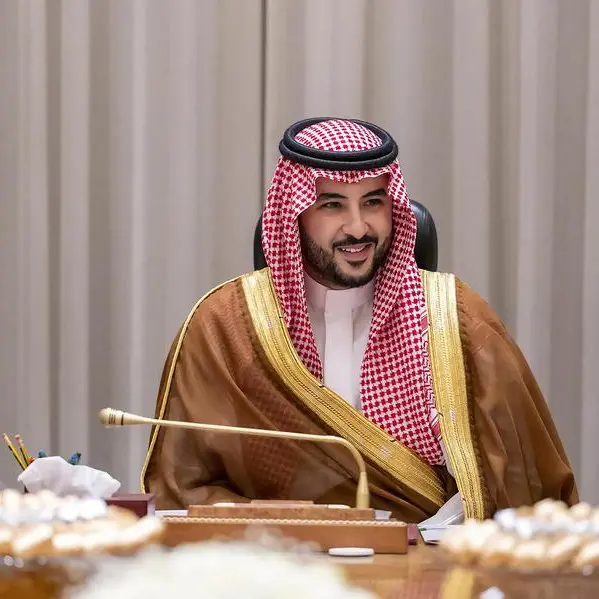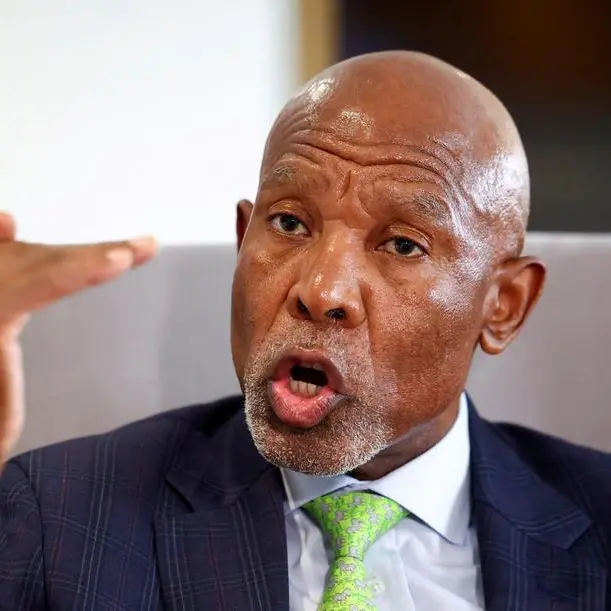PHOTO
At a business forum with major Italian companies, Dabaiba explained that “after a tough decade Libya now needs the support of all countries, not just Italy. But to us Italy is a partner, a brother country.”
In his first visit to Italy since he entered office, Dabaiba pledged the Government of National unity’s support to counter illegal immigration from Libyan shores to Italy and, after a near two-hour private meeting, praised Italian Prime minister Mario Draghi for having pushed EU institutions to have a global approach and a common financial commitment to tackle the migrant issue.
At the end of the meetings Draghi, however, emphasized that “to ensure full compliance with the rights of refugees and migrants is not only a moral duty but it is also in Libya’s interest.”
Several topics were covered, including the issue of Italian fishermen’s right to fish in maritime areas Libya holds as its territorial waters, waters that Italy claims are international.
“The issue remains hot and there is still no agreement, but we are all keen to work on it,” a member of Draghi’s staff told Arab News.
“The collaboration between the government of the Prime Minister Dabaiba and Italy continues to be more and more fertile and alive,” the Italian prime minister said. “Italy remains alongside Libya and intends to support it in this complex transition.”
He encouraged continuing “along the path of full implementation of the agreement on cease-fire, starting with the withdrawal of all foreign mercenaries and the full development of the reconciliation process.”
Until the revolution of 2011, Libya represented Italy’s fifth global supplier and the third largest European investor in the country.
“Now Rome and Tripoli aim to spark a process of both political and economic reconstruction of Libya, and Italy aims to be a trusted and reliable economic partner for that country. This forum goes in this direction and I can say that lots of good work has been done so far,” a Italian diplomatic source who attended the meeting chaired by Italian Foreign Minister Luigi Di Maio told Arab News.
Seven top Libyan ministers came to Rome with Dabaiba, and before meeting Premier Draghi attended the business forum comprised of leading Italian companies such as Snam, Saipem, Terna, Ansaldo Energia, Fincantieri, PSC Group, Italtel, Leonardo, WeBuild, San Donato Hospital Group, CNH Industrial, and Eni.
On the agenda is the reactivation of some Italian macro-investments in Libya, such as the construction of the so-called “Peace Highway” included in an agreement signed by Silvio Berlusconi and Muammar Qaddafi in 2008.
“Italy is the best partner for the reconstruction of our country with respect to the economy, infrastructure and oil,” Dabaiba said. “We aim to return to producing three million to four million oil barrels a day. We need hospitals, we need to rebuild schools and the infrastructure in the oil sector. For this reason we intend to remove all the constraints that hinder Italian companies.
“We also want to reopen airspace by restoring air traffic between our two countries so that our historical cooperation may continue in every field,” he said.
The pledge found a “very positive welcome” from the Italian side, a source in the Italian Government told Arab News.
“Now we can count on a new, united Libya, thanks to the efforts of the Government of National unity,” Italian Foreign minister Luigi Di Maio said.
“Italy has never abandoned Libya, and our embassy in Tripoli remained open even in the most difficult moments. We are now committed to a further strengthening of our institutional presence in the country,” he added. He also announced that a “promotional desk for Italian companies” and an Italian cultural center will be soon opened in the Italian Embassy.
Di Maio added: “Italy and Libya can be close and strategic partners in highly technological areas, such as telecommunications and telemedicine. At the same time, I believe it is crucial that our companies can be able to operate in a framework appealing to new investments, which also requires financial stabilization, a sentiment of trust for businesses and the necessary security conditions to operate. I am sure that, together, we will be able to reach new, important goals.”
Copyright: Arab News © 2021 All rights reserved. Provided by SyndiGate Media Inc. (Syndigate.info).





















